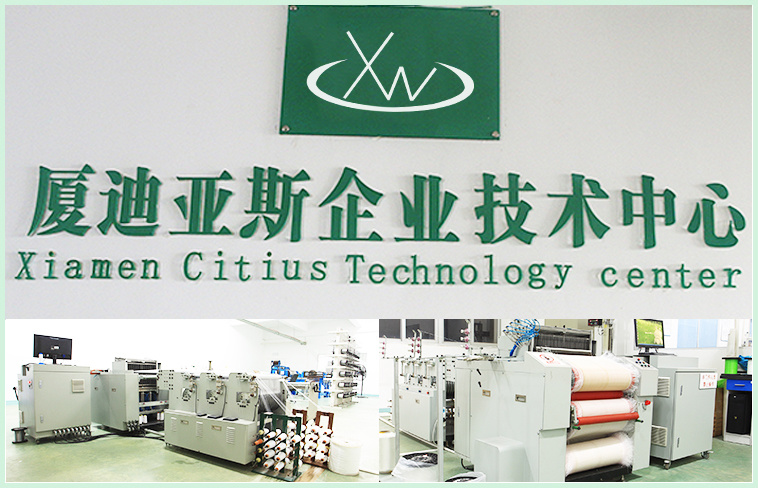Unveiling the Secrets: Filter Use in Fine Chemicals
Release time:
2025-10-07
Introduction to Filter Use in Fine Chemicals
When it comes to the world of fine chemicals, one might wonder, "What's all the fuss about filters?" Well, let me tell you, there's more to it than meets the eye! Filter use in fine chemicals is like the unsung hero of the chemical production process—it's crucial yet often overlooked. In this article, we'll dive into some common questions surrounding the use of filters in this fascinating field.
What Are Fine Chemicals Anyway?
First off, let's clarify what we mean by fine chemicals. These are high-purity chemical substances, typically used as intermediates in the synthesis of pharmaceuticals, agrochemicals, and specialty chemicals. Think of them as the building blocks for a myriad of products we rely on daily—medications, fragrances, and even food additives!
Why Filters are Essential
You might be asking yourself, “Why can't we just mix and match without filters?” Well, that's a risky game to play! Filters help in removing unwanted particles and impurities from solutions, ensuring that the final product meets stringent quality standards. Plus, they play a significant role in enhancing the yield of the desired product. Talk about a win-win!
Types of Filters Used
Now, let's get down to the nitty-gritty! There are a variety of filters used in the fine chemicals sector, including:
- Membrane Filters: These are often used for microfiltration and ultrafiltration, allowing only certain sizes of particles to pass through.
- Filter Presses: Great for batch processes, these are used to separate solids from liquids effectively.
- Cartridge Filters: Ideal for fine filtration, they're commonly used to cleanse solutions before they undergo further processing.
Common Misconceptions About Filter Use in Fine Chemicals
Ah, misconceptions—everyone has them! One common myth is that filters are only necessary for large-scale productions. But hold your horses! Even small batches benefit from filtration, as impurities can ruin a product's integrity. Another misconception is that all filters are created equal. Not true! Different applications require specific filter types to achieve the best results.
Best Practices for Filter Use
So, how do you ensure that your filter use in fine chemicals is up to snuff? Here are a few tips:
- Know Your Material: Always understand the properties of the chemicals involved. This knowledge will guide you in selecting the right filter type.
- Regular Maintenance: Filters need love too! Regular checks can prevent clogs and ensure optimal performance.
- Test Before Full Scale: Conduct small-scale tests before going full throttle. This practice can save you time and resources.
The Future of Filter Use in Fine Chemicals
With technology constantly evolving, the future looks bright for filter innovation in the fine chemicals industry. We're seeing advancements in materials and design, which can lead to better efficiency and sustainability. Imagine filters that can not only cleanse but also provide real-time monitoring of impurities! Sounds like science fiction, right? Well, it's closer to reality than you think.
Conclusion
In conclusion, filter use in fine chemicals is a critical aspect that shouldn't be ignored. It's vital for maintaining product quality and enhancing production efficiency. So, the next time you think about chemicals, remember the pivotal role that filters play. They may be simple, but they sure are mighty!
Previous article:
The next one:

